Have you been storing these foods wrong the whole time?
Here is the trick behind keeping these foods crispy and fresh just by storing them the right way
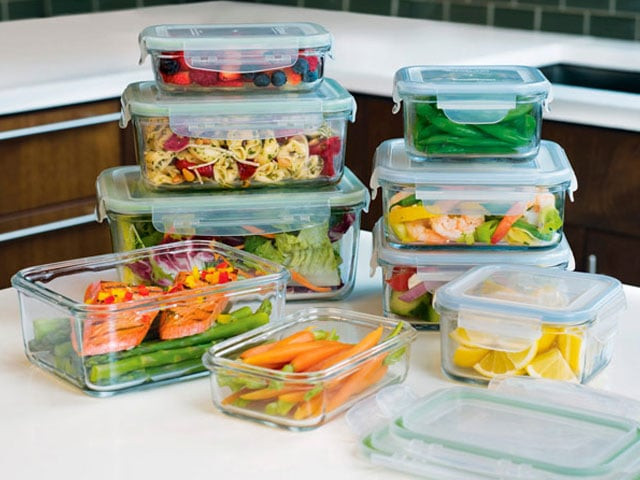
PHOTO: FILE
Compiled from Reader’s Digest, here is a list of 11 Pakistani staple foods - and the trick behind keeping them crispy and fresh just by storing them the right way.
Apples
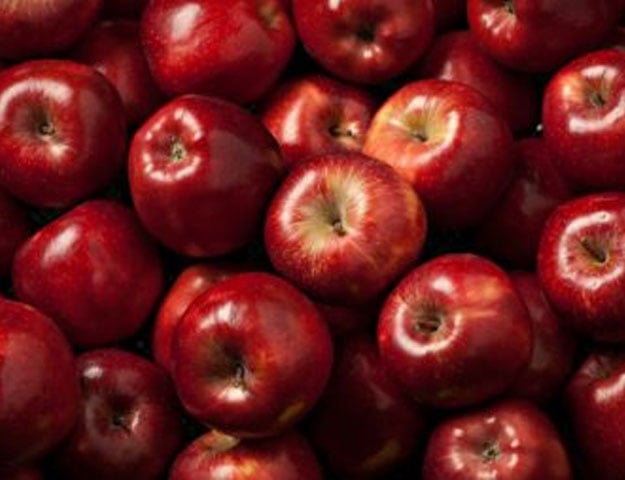 PHOTO: READER'S DIGEST
PHOTO: READER'S DIGESTThis fruit can be stored at room temperature, but if you want greater longevity, store it in the refrigerator, preferably in the crisper drawer. Leaving an apple out at room temperature will cause it to ripen after a few days, but popping it into the fridge will keep it crisp for weeks. So banish the fruit bowl and take the apple party to the fridge!
Flour
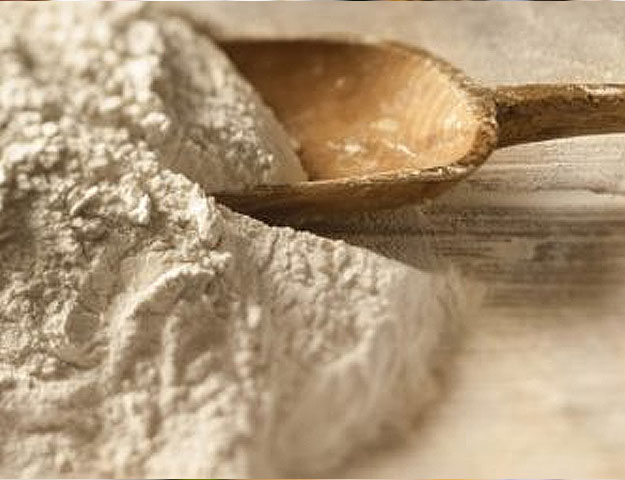 PHOTO: READER'S DIGEST
PHOTO: READER'S DIGESTFlour will stay fresh and usable if it's placed in an airtight metal, glass, or plastic container, rather than leaving it in the paper bag packaging from the store. Flour takes a longer time to go bad compared to most foods, but the process will still move faster if it isn't protected. Whole grain flours are particularly sensitive. You might want to consider storing whole grain flour in the refrigerator or freezer to slow down the oxidation process further. The result: perfectly fresh warm rotis.
Fruit
 PHOTO: READER'S DIGEST
PHOTO: READER'S DIGESTMany people store fruit in the refrigerator—and with apples and some sensitive fruits such as raspberries, that may be a good plan, but other types of fruit needs to ripen on the counter before going in the fridge with other foods. Also, fruit also should never be stored with vegetables because they can cause each other to deteriorate faster because of the different gases they emit.
Potatoes
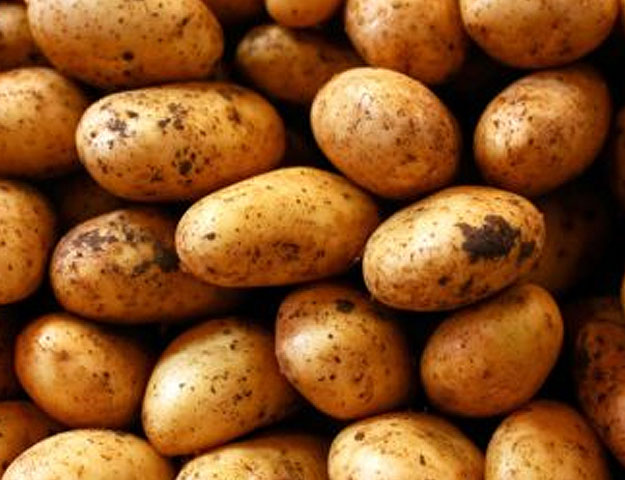 PHOTO: READER'S DIGEST
PHOTO: READER'S DIGESTOur most beloved bunch of alu need to be kept in a dry, cool, and dark place in order to stay fresh. Potatoes do not do well in the refrigerator, though, as temperatures that are too cold will cause the starch in the potato to convert to sugar. That conversion will make the potatoes taste overly sweet, and will discolour them too which will completely wreak havoc with your alu gosht – so beware!
Onions
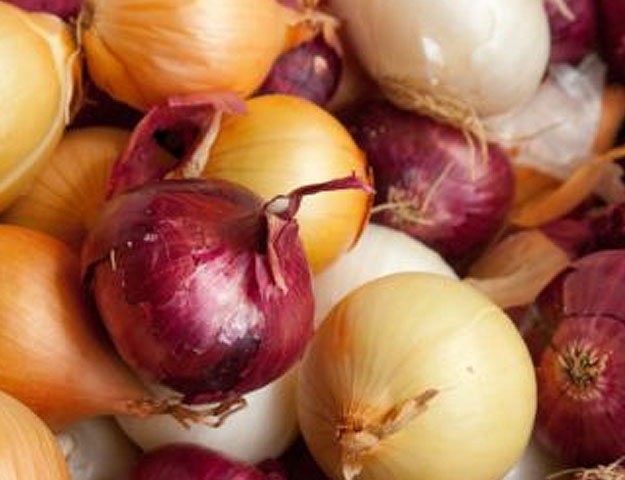 PHOTO: READER'S DIGEST
PHOTO: READER'S DIGESTThey need to be stored in dry, dark, cool places, but they also need reasonable air circulation to stay fresh. They should not be stored near potatoes, even though both foods need to be stored in similar conditions. Onions and potatoes bring out moisture and gasses in each other, causing them both to ripen faster. Refrigeration is a good choice to keep onions fresh. You’ll also tear up less when you chop them!
Fresh meat
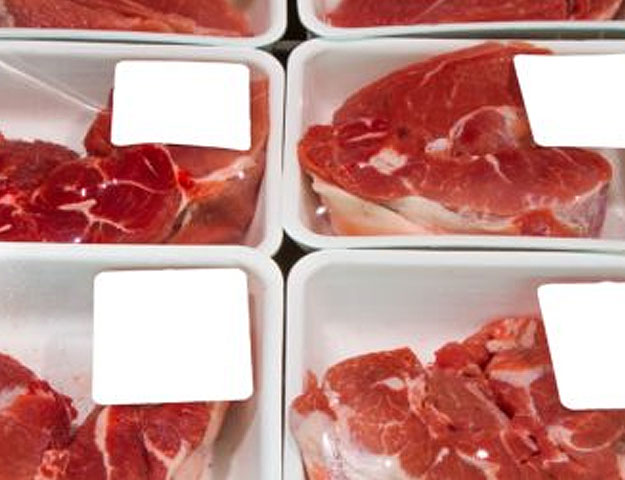 PHOTO: READER'S DIGEST
PHOTO: READER'S DIGESTIf you've purchased fresh meat but did you know that re-wrapping and storing meat actually increases the risk of exposing it to bacteria along the way - so it's best to trust the packaging on this one. If your meat didn't come with a tray under it, put a plate underneath the package to catch any excess moisture.
Lettuce
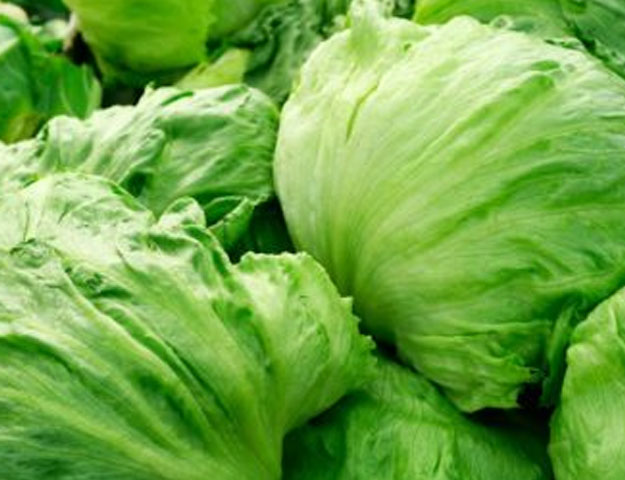 PHOTO: READER'S DIGEST
PHOTO: READER'S DIGESTWhen lettuce goes bad, it gets slimy. To avoid this, do not put your lettuce in a plastic bag. It needs to be in a perforated bag, or washed and stored in a bowl in the refrigerator or in a paper bag (only once it's completely dry). Even though you see supermarkets spraying their lettuces, the moisture actually ages them faster.
Cheese
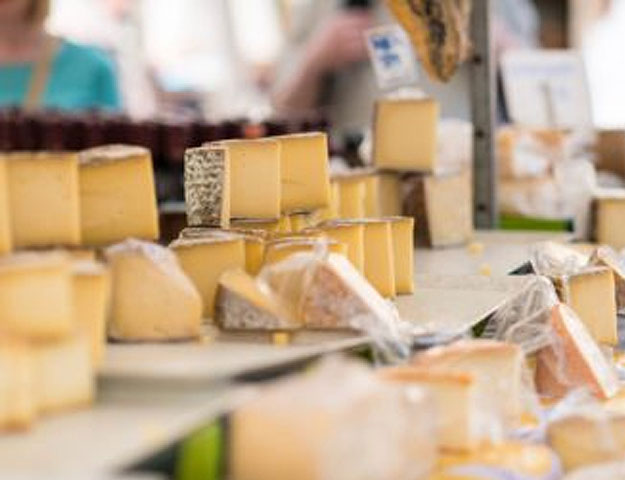 PHOTO: READER'S DIGEST
PHOTO: READER'S DIGESTHard cheeses such as Parmigiano and aged cheddar need special storage, and it's not airtight Tupperware. Make sure your hard cheeses are stored in the store wrapping until you use them (don't repackage), preferably in the cheese drawer of your fridge, where they'll last six months, according to a report by Extension Food Safety Specialists at Oregon State University. (They'll last up to eight months in the freezer but might get more crumbly.) Once you've broken them out, re-wrap them in foil, wax paper, or loose plastic when putting them back in the refrigerator.
Uncooked pasta
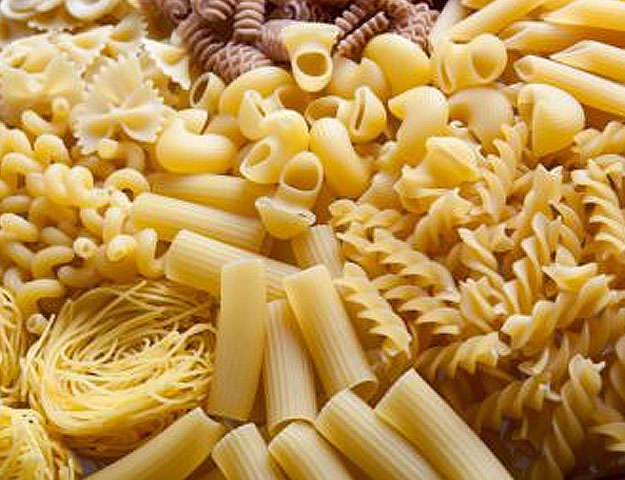 PHOTO: READER'S DIGEST
PHOTO: READER'S DIGESTDespite popular belief, uncooked pasta should not be stored in its original container if you want it to last longer. Repackage uncooked pasta in an airtight glass container to extend its life and avoid the mustiness and moisture problems that sometimes occur over time with original cardboard packaging.
Tomatoes
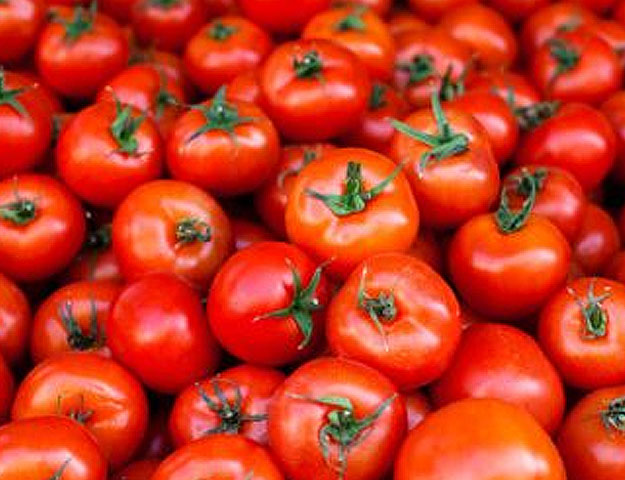 PHOTO: READER'S DIGEST
PHOTO: READER'S DIGESTTomatoes are another sensitive food that can be tricky to store. They should be left on a countertop, but away from light, moisture, and heat. They should not be stored in the refrigerator, or their cellular structure will start to collapse, which is what causes that mushy, mealy texture—and the flavour will be lost too. Tomatoes will ripen at room temperature and are good for two to three days once ripe. Do refrigerate them within two hours after they've been sliced or chopped, advises the Oregon State University report.
Bread
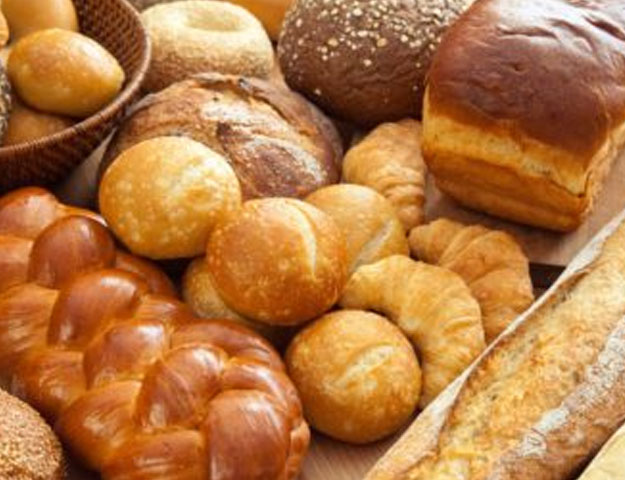 PHOTO: READER'S DIGEST
PHOTO: READER'S DIGESTBread can be stored in the pantry, but it will last much longer when it's stored in the refrigerator or freezer. Fresh bread can get moldy quickly, so utilising the cold storage areas of your house can help extend its shelf life substantially, though it may get stale faster, according to the Oregon State University report.
Have something to add in the story? Share it in the comments below.



















COMMENTS
Comments are moderated and generally will be posted if they are on-topic and not abusive.
For more information, please see our Comments FAQ